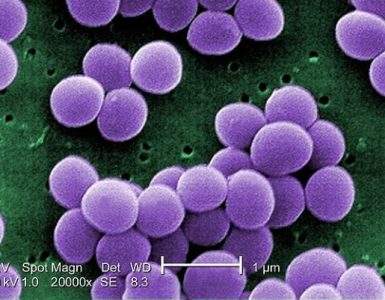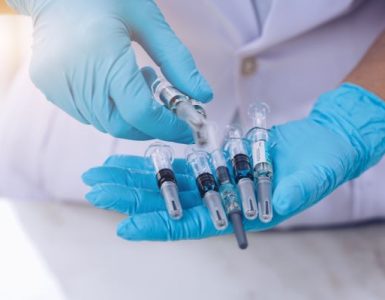 New Zealand researchers are inching closer to creating a world-first oral tuberculosis vaccine.
New Zealand researchers are inching closer to creating a world-first oral tuberculosis vaccine.
TB kills more people worldwide than any other bacterial disease – latest estimates show about 1.4 million people died in 2010.
People are usually vaccinated against TB by injection.
However the new oral vaccination formula – developed by Otago University and Malaghan Institute scientists – had stronger and longer-lasting immune responses in mice, compared to the current needle vaccination.
The results were published in the PLOS ONE journal today.
For an oral vaccine to work, its bacteria need to be alive, surviving the harsh environment of the stomach.
This problem was overcome by Dr Frank Aldwell and colleagues from Otago University-based Immune Solutions Ltd with the creation of Liporale – a formula that coats the vaccine’s BCG bacteria in a protective layer.
Dr Joanna Kirman of Otago University’s microbiology department, who led the study, said the results from the mice showed the Liporale-BCG vaccine had a ”long-lived multi-functional immune response”, which could open the door for people to receive the new vaccines.
The oral vaccine could be delivered as a syrup or pill and would be easier to administer, Kirman said.
”Most importantly, it targets the mucosal immune system – a network of the gut and respiratory tract where the immune response is regulated differently from the systemic response triggered by injected vaccines.”
Each year, 300 New Zealanders are diagnosed with TB.
Latest estimates from the World Health Organisation show that in 2010, 8.8 million people became ill with TB and 1.4 million people died, mostly in developing countries including Africa, South-East Asia, Eastern Europe and the Western Pacific.
Kirman said antibiotic resistance to tuberculosis was also increasing.
“In 2010, New Zealand had its first case of extensively drug-resistant TB (XDR) which is incredibly difficult, and sometimes impossible, to treat.
”That is why we think prevention through vaccination is so important.”
The researchers hoped the results would attract more Health Research Council funding to further understand the immune response and to undertake necessary safety tests.
Not-for-profit product development organisation AERAS, which is dedicated to the development of effective TB vaccines in the US, will conduct further tests on the vaccine.
Source: stuff.co.nz

















